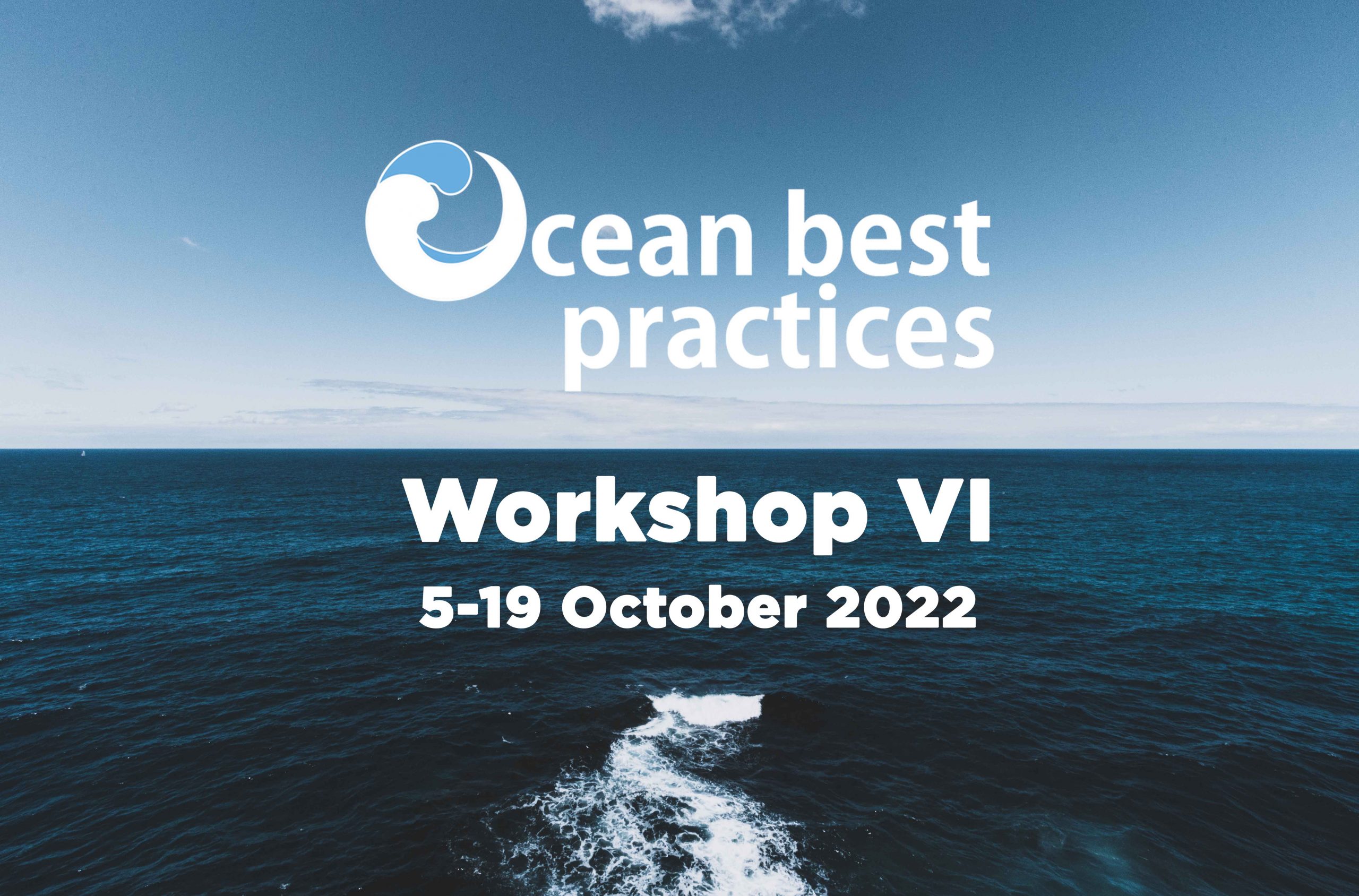Timing: Tuesday, October 11 9:00-11:00 am EDT
Please register for the Ocean Best Practices Workshop (free) in order to participate in this special session. You can sign up for this session via the Workshop Team Calendar (click on our Oct. 11 session and you’ll see a button to sign up to participate).
One of the aims of the Marine Ecological Time Series Research Coordination Network (METS-RCN) is to work towards standardized semantic approaches and adoption of controlled vocabularies for physical, biogeochemical, and biological parameters that are part of shipboard ocean time series data sets. Many global observing networks are currently trying to do this for biological parameters. Since we are looking at many of the same parameters, we should be coordinating and working towards a common solution.
Building on the model of a 2012 international workshop focused on methodological best practices for ship-based time series, the METS-RCN will convene a follow-on international time series workshop in 2023-2024 focused on consensus building around data and metadata best practices for ship-based time series. The OBPS workshop represents an opportunity to connect with other biology and biodiversity observing networks to share strategies for consensus building within their networks and identify common solutions (semantic approaches, use of existing and development of new terms in controlled vocabularies) in preparation for this activity next year.
Format
This will be a 2-hour panel discussion to discuss goals and guiding principles (and any progress) on data and metadata guidelines for ocean biology and biodiversity variables:
- Marine Ecological Time Series Research Coordination Network (METS-RCN) Steering Committee members
- Marine Biodiversity Observing Network (MBON) – Enrique Montes, Gabrielle Canonico, Frank Muller-Karger
- Earth Science Information Partners (ESIP) Bio cluster – Abby Benson
- ESIP Marine cluster – Mathew Biddle
- Global Ocean Observing System (GOOS) BioEco – Gabrielle Canonico, Frank Muller-Karger
- Ocean Biomolecular Observing Network (OBON) – Pier Luigi Buttegieg
- Biological & Chemical Oceanography Data Management Office (BCO-DMO) – Danie Kinkade
- Ocean Biodiversity Information System (OBIS) – Ward Appeltans
- Marine Life 2030 – Frank Muller-Karger, Emmett Duffy
Discussion topics
- Network’s key bio-eco variables
- Existing data infrastructure (semantic approaches, controlled vocabularies) under consideration
- User engagement – who are the target users? Are there data formats and vocabularies that best serve the target users?
- Building consensus across a network on data best practices?





